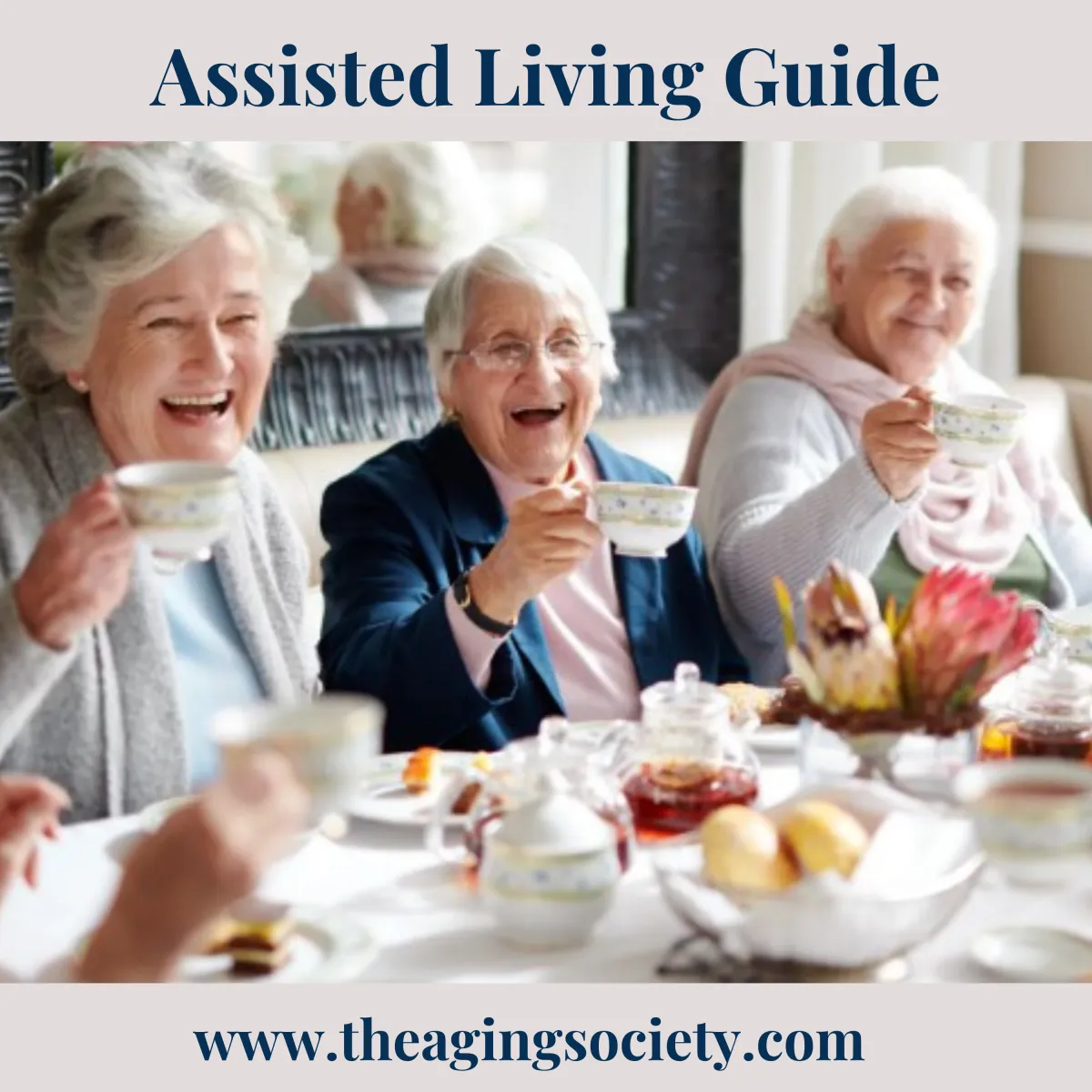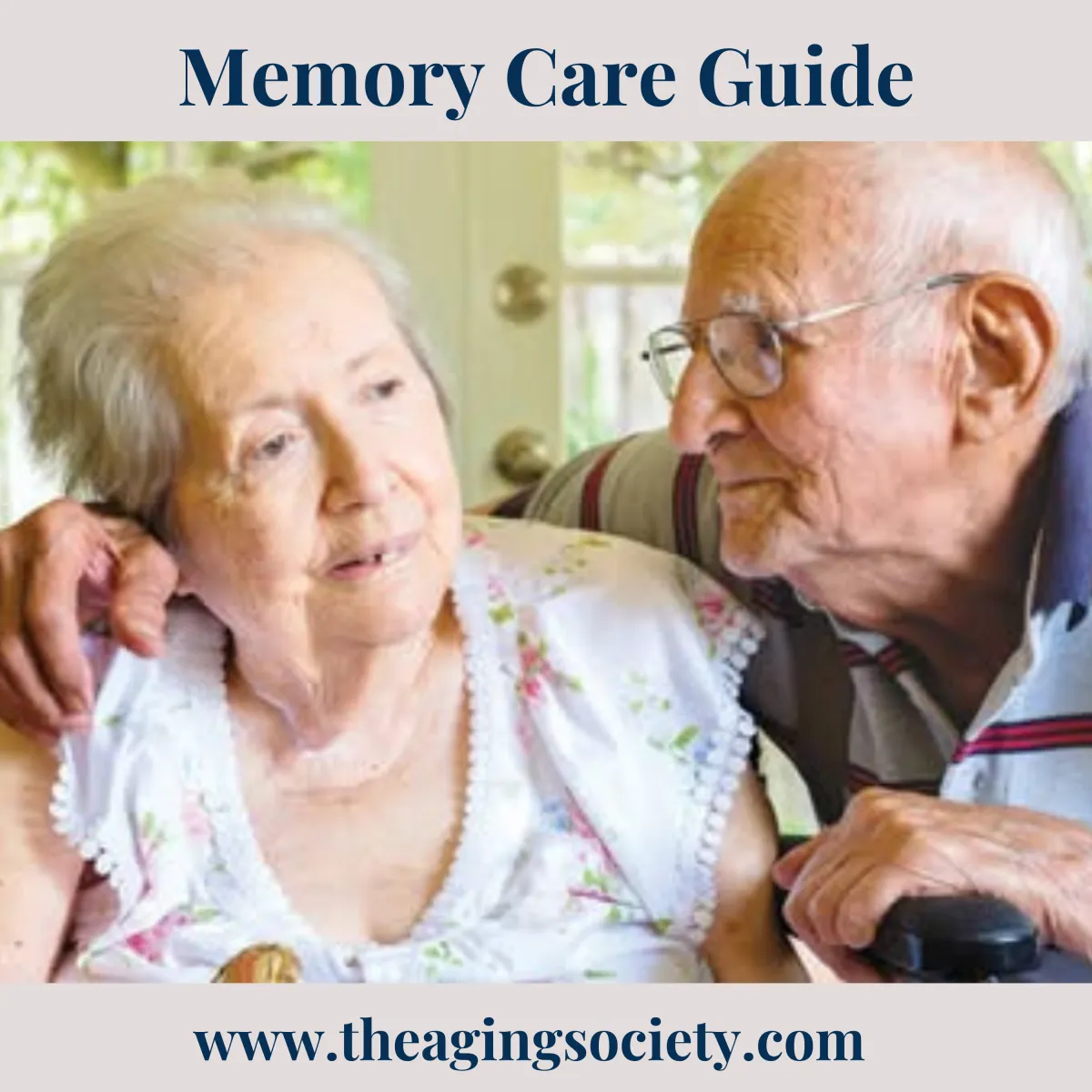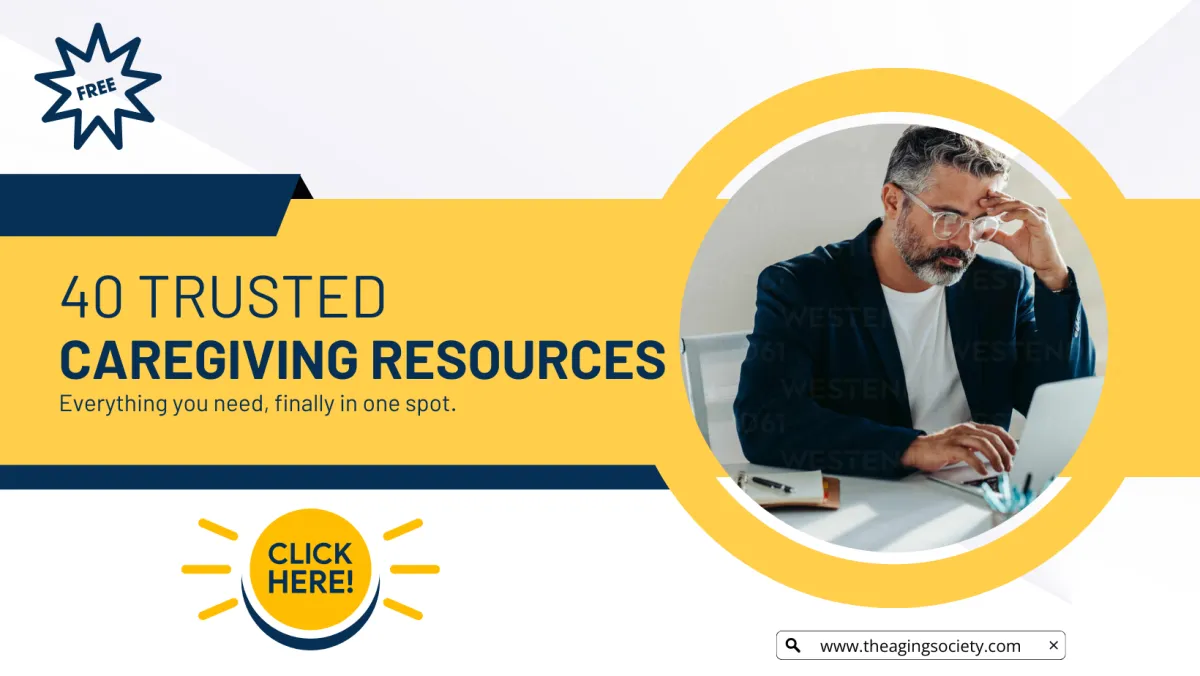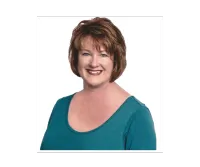Practical Support For The
Caregiver Who Handles Everything
(Until It’s Too Much)
Because You Care Deeply
You’re the one who makes the plan. Figures out the budget. Tracks the appointments, insurance, legal forms, and medications.
You didn’t ask for a medal. But it would be nice if someone else showed up once in a while.
You’re not trying to take control. You’re trying to hold things together. And sometimes, the weight of that role is invisible, until it’s not.
This space is for you: the planner, the executor, the decision-maker. The one who carries the mental load and the clipboard.
You’re Not Failing
You’re Just Carrying Too Much
Even the most organized caregiver can hit a breaking point. Because caregiving isn’t just a set of tasks, it’s emotional labor, family pressure, and constant uncertainty.
You need:
Straightforward tools that save time and reduce guesswork
Frameworks that help you make confident, defensible decisions
Support that respects your role, and lightens it
You’ll find all of that here.
What You'll Find Here
📊 Blog Posts for Planners & Providers Guides and insights that respect your role, and don’t waste your time.
📜 Decision Tools & Templates From care level comparisons to financial worksheets, get what you need to lead without burnout.
⚖️ Products Backed by Expertise Tools, services, and checklists that actually work, no gimmicks, no noise.
Start With Something Small:
One Small Shift
One Small Action. One Tangible Result. Every Day.
Actionable tips from real caregivers, delivered daily, in under two minutes.
You’re not looking for inspiration, you’re looking for what works. The next step. The smart move. The thing that saves you time, money, or stress down the road.
That’s exactly what One Small Shift delivers:
📧 One quick daily email you can read in under two minutes
🔍 A story, insight, or mindset shift backed by real caregiving experience
🛠 A small, doable action with a clear payoff
No fluff. No guesswork. Just real strategies used by hundreds of families.
🔓 When you sign up, you’ll also unlock tools designed for critical decisions:
✅The Caregiver Starter Kit
✅Mistakes to Avoid When Choosing Care
✅Senior Living Tour Checklist
✅Clarity Checklist: What Your Parent Really Needs
✅40+ Trusted Resources Directory
Because the right move today makes everything easier tomorrow.
You’re Allowed to Need Help Too
Holding it all together doesn’t mean holding it alone. This space gives you the kind of support you offer everyone else: Clear. Steady. Reliable.
Talk With Purpose
31 Days of Scripts & Strategies For Families Navigating Senior Living Options
For When Avoiding The Conversation Isn’t Working Anymore.
If you're someone who wants to approach caregiving with calm, clarity, and a clear plan, this guide is for you.
Talk With Purpose is a structured PDF with 31 communication scripts designed for families navigating the complexities of senior care. Each page offers:
✅ A real-world Scenario you’ll likely face
✅ A practical, direct Script to open the conversation
✅ A concise Strategy Tip to explain the approach
✅ A short Reflection Prompt to help you track what worked
You can move through it day by day or jump straight to the situation that’s most pressing, whether it’s safety concerns, legal planning, or sibling dynamics.
No fluff. No guesswork.
Just clear, tested language that helps you lead better conversations and reduce family friction. If you’re ready to stop walking on eggshells and start moving forward with a plan, this guide gives you the words to begin.
Stay Informed. Plan Smarter.
You’re not overreacting by looking into senior care options. You’re being proactive, because avoiding it doesn’t make it easier later. These guides are for family members who want to:
✅Make informed, values-based decisions
✅Understand what different care options really involve
✅Communicate clearly and calmly with parents and siblings
✅Prevent last-minute chaos down the line
Whether you're considering home care, independent living, assisted living, or memory care, each guide gives you the facts, the questions, and the next steps, all in one place. Planning ahead is an act of care. Let’s make it easier.

Not ready for a big move? This guide walks you through what quality home care looks like, how to choose the right help, and how to protect your parent’s safety and independence.

Wondering if your parent just needs a little community and support, but not full-time care? This guide helps you evaluate independent living options, including key questions and red flags.

From bathing and meals to meds and mobility, this guide helps you know when assisted living might be the right step, how to tour facilities, and how to make the decision with less guilt and more confidence.

When memory loss is affecting safety or personality, this guide helps you understand what memory care really means, and how to make a thoughtful plan rooted in love and reality.
Tools, Not Theories
One Small Story
These posts are for caregivers who carry the load and just want things to work.
Here, you’ll find no-fluff advice, proven frameworks, and practical solutions to help you make decisions faster, manage family dynamics, and lead with less burnout. Because you don’t need more opinions, you need what works.

How Do I Help My Dad When He Refuses To Shower, Clean Up, Or Let Anyone Help Him?
“I’m not dirty.” That’s what my dad said when I gently asked him to take a shower. It had been over a week. The smell in the house had started to cling to the furniture, our clothes, and the air itself. But he was certain, no help, no bathing, no problem.
For many adult children, watching a parent resist basic hygiene is both confusing and heartbreaking. But the issue goes far beyond appearance or smell. It's about health, dignity, and safety.
Why Aging Parents Resist Bathing
Refusal to bathe isn’t laziness. It often comes from deeper causes like:
Cognitive decline – They may forget when they last bathed or think they already did.
Physical discomfort – Joint pain, chills, or fear of falling can make bathing feel risky.
Depression – Lack of motivation or disinterest in self-care is common.
Emotional discomfort – Bathing can feel embarrassing or invasive, especially with assistance.
How to Respond With Compassion
Confronting the issue directly often leads to more resistance. Instead, try these gentler approaches:
Avoid arguments: Say, “Let’s freshen up a bit,” instead of demanding a shower.
Use sensory motivation: Emphasize comfort: “You’ll feel so much better afterward.”
Simplify hygiene: On hard days, offer alternatives like no-rinse wipes or waterless body wash.
The Post You Searched: When a Parent Refuses to Bathe
It can feel overwhelming when your once-proud parent declines something as simple as a bath. But you're not alone.
Here’s a short story:
*Linda, 52, cared for her mom with dementia. "I cried the first time she refused to bathe. I took it personally. But once I learned to let go of the pressure and focus on small wins, we both felt less stressed. Sometimes a warm washcloth and some music did the trick."
This shift can make all the difference.
Tips to Make Hygiene Easier
Schedule "spa time" with music or favorite scents.
Use handheld showerheads and bath chairs.
Keep the bathroom warm to prevent chills.
Offer to help with just one task: brushing teeth or washing hands.
Support for the Next Step
Worried this might be more than a phase? The Senior Living Quiz ($19) can help. It guides you through gentle questions to assess care needs, without pressure or sales.
FAQs
What if my parent still refuses even after I try everything?
Patience is key. Try again another day, or enlist a trusted friend or caregiver to help. Familiar faces can make a difference.
Is poor hygiene a sign of dementia?
It can be. When hygiene habits suddenly change, it's worth discussing with a doctor.
How often do seniors need to bathe?
Twice a week is usually enough to stay healthy and clean, unless otherwise directed by a healthcare provider.
Can a caregiver bathe my parent instead?
Yes, especially if trained. Professional caregivers often know techniques to preserve privacy and dignity.
Conclusion: You're Doing Better Than You Think
When it comes to bathing, small wins matter. A warm smile, a clean face, or even a wiped down with a cloth is progress. You're showing up, and that’s what counts most.
Get The 40 Essential Resources For
Senior Care Planning

A clear, categorized guide to the tools, services, and contacts that matter most.
Whether you’re just starting or already deep into caregiving decisions, this free resource helps you:
✅Identify what support exists (and how to access it)
✅Save time researching options
✅Feel more in control as things change
Plus, get notified when new tools and planning guides are released, so you’re always one step ahead.
From Other Over-Responsible Caregivers
“I was the one with the binder, the calendar, and the checklist — and I still felt lost. This site gave me direction without wasting my time.”
“This was the first resource that didn’t talk down to me. It gave me real tools I could use, not just vague advice.”
“I was handling the finances, the appointments, and the arguments. The scripts and planning tools here finally made it feel doable.”
“Everyone expected me to know what to do — but I didn’t. This space helped me figure it out without feeling ashamed.”
“I needed something I could act on immediately. This site respected my time and my role — that matters.”
“What helped most was knowing I wasn’t the only one angry, exhausted, and still doing everything out of love. This space made me feel less alone.”
© 2025 The Aging Society. All rights reserved.
For families navigating senior care, find clarity, compassionate support, and trusted resources for senior care.
It all starts with One Small Shift.
